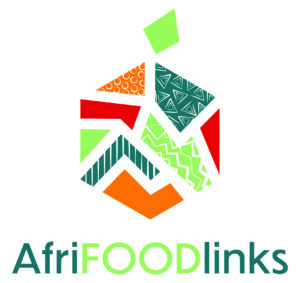Urban Agriculture and Green Belt Supervision
The City of Ouagadougou is at the forefront of the Urban Agriculture and Green Belt Supervision project, designed to bolster food security and ecological resilience through innovative and sustainable agricultural methods.
RIKOLTO, alongside Association Béo Neere Agroécologie (ABNA) and the Saissonnière, carry out capacity-building activities for producers on good production methods that respect the environment and are resilient to the effects of climate change by developing an adapted model. Speakers are trained in negotiation and marketing techniques, crop planning and agricultural calendar development, green belt training sessions, climate-resilient agro-ecological production practices, and agroforestry.
This project centers around a 1,100-hectare green belt that serves both as a barrier against environmental degradation and as a hub for urban agriculture. It also leverages the green belt for agroforestry and market gardening, strategically integrating these elements to enhance biodiversity and provide local produce. The city council has facilitated the reforestation of this area and designated plots for agriculture which are developed in cooperation with local communities and stakeholders. These efforts aim to create a sustainable model that not only supports the local ecosystem but also boosts urban food production.
To manage and supervise this green belt effectively, the municipality has implemented a comprehensive approach that includes launching a multi-stakeholder dialogue and forming a dedicated committee to oversee the development and maintenance of the area. This governance structure helps ensure that the green belt’s objectives align with the city’s broader environmental and food security goals, involving various actors in its planning and execution.



